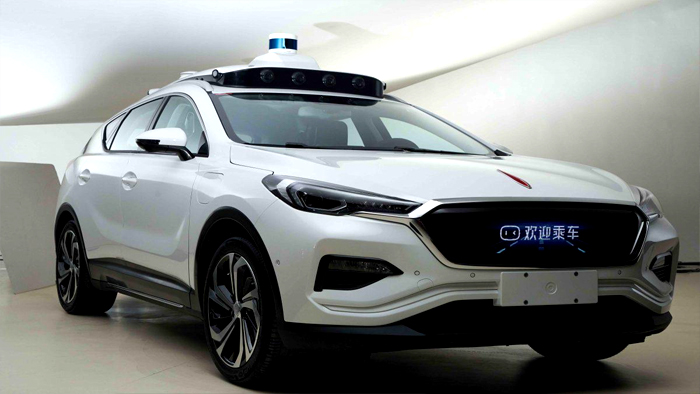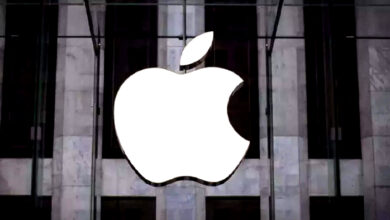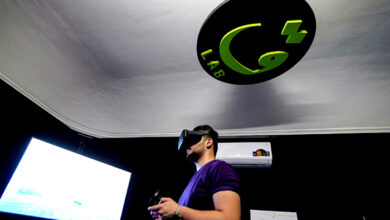Baidu gets a licence for driverless robotaxi tests in Beijing.

Baidu Inc. (9888.HK) said on Friday that it had received the first licence to test driverless cars on roads in Beijing and would add 200 more robotaxis to its network across China in the next year.
The company, which is based in Beijing and makes most of its money from its search engine, has been working on self-driving technologies for the past five years as a way to broaden its business.
Last year, Baidu started charging for its robotaxi service, Apollo Go. It is expected that robotaxis will cost half as much as a commercial car with a driver in the future.
Related: China is slowly getting ready to live with COVID, so people in Beijing and Shanghai are going back to work.
Baidu said that by the end of the third quarter, Apollo Go, which runs in Wuhan and Chongqing without a safety driver, had given 1.4 million driverless rides.
The company said it would start testing 10 fully autonomous vehicles in a technology park built by the government of Beijing. This is a step toward starting a commercial robotaxi service in China’s capital.
Baidu’s push comes at a time when other companies outside of China are pulling back from the optimistic plans they had for rolling out fully autonomous vehicles a few years ago.
For example, Tesla’s (TSLA.O) “Full Self-Driving” system needs a person behind the wheel who is ready to take control. This is even though CEO Elon Musk said three years ago that the company was on track to deliver a million robotaxis.
In the US, criminal investigations have been conducted into Tesla’s claims that its electric cars can drive themselves.
Cruise, a division of General Motors Co. (GM.N) that makes robotaxis, said it wants to add thousands of self-driving cars in the next year and expand its service to more cities in the US, including San Francisco.
US auto safety regulators said earlier this month that they had started an investigation into the safety of Cruise’s self-driving system because there were times when the cars braked too hard or stopped moving.
Related: JD.com financial subsidiary seeks Beijing’s approval for an HK IPO by year’s end, – sources.
Ford Motor Co. (F.N.) and Volkswagen AG (VOWG p. DE) shut down their shared self-driving startup, Argo AI, in October. They did this because they realised that mass deployment of a commercial autonomous drive system would take more time and money than they had thought when they joined forces in 2019.





